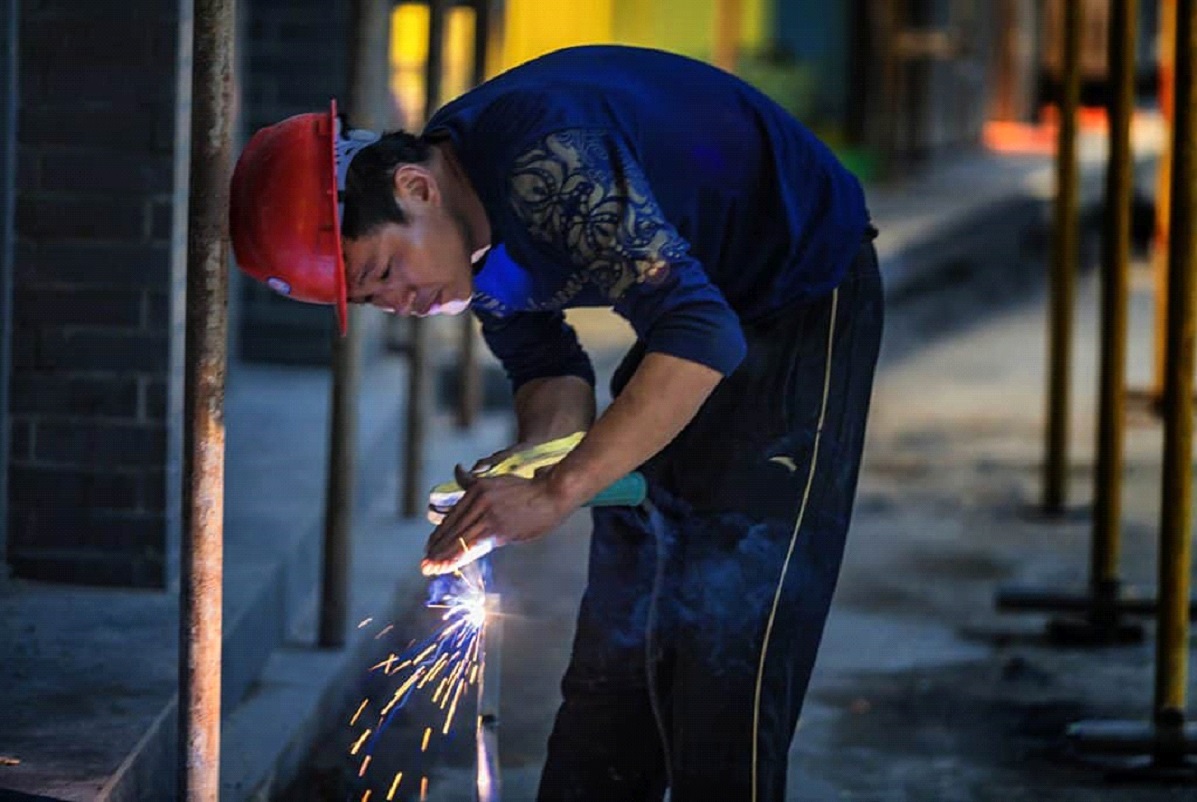Unveiling the Consequences of Inadequate Safety in Welding
There are several risks associated with welding operations for both the person performing the work and those nearby. As a result, it's critical that you comprehend the dangers and risks that welding presents as well as the safety measures you may take.
Being the top PPE Supplier in UAE, we have compiled below is a list of a few instances of welding-related risks. It's crucial to remember that there are other welding hazards not included in this list.
Immediate Risks:
- Burns and Injuries
Since welding involves tremendous heat and strong light, there is a risk of burns and eye damage for welders. Inadequate safety equipment, such as welding helmets and safety glasses, can expose workers to UV radiation and splattered molten metal, which can cause serious burns and eye damage.

- Respiratory Issues
Hazardous fumes and gases produced during welding can be inhaled due to inadequate ventilation and lack of appropriate respiratory protection. Respiratory issues, including chronic illnesses like welding fume fever and metal fume fever, can arise from exposure to substances including welding fumes, ozone, and metal particles. 3M N95 Mask in UAE can help get rid of such respiratory issues to a greater extend. - Electric Shocks
Molten metal is produced in a pool by means of active electrical circuits during the arc welding process. As a result, you run the danger of receiving an electric shock when welding. The most dangerous risk associated with welding is electric shock, which can cause fatalities or severe injuries when it occurs directly or as a result of a fall from a height following a shock. If you touch any portion of the welding or electrode circuit while simultaneously touching the metal you are welding, you run the danger of receiving a second electric shock. Apart from these there are some long-term health consequences: - Occupational Hazards
Chronic health issues can occur from prolonged exposure to welding fumes that consists dangerous materials like nickel, manganese, and chromium. Welders have the risks of developing respiratory disease, like asthma and chronic bronchitis etc. - Noise-Induced Hearing Loss
Welding processes generate high levels of noise, and without proper hearing protection, welders are susceptible to noise-induced hearing loss over time. The constant exposure to loud welding arcs and machinery can cause irreversible damage to the auditory system. - Vibration-related disorders
The long use of vibrating tools like grinders and chipping hammers, without the use of needed protection tools can lead to vibration related disorders like hand-arm vibration syndrome.
Make Proper Use of Engineering Controls and Respiratory Protective Equipment
The HSE has tightened its enforcement standards for all welding emissions, including mild steel welding, as of their 2019 Safety Alert. Regardless of the length of the activity, employers are required to make sure that the proper controls are in place for all welding activities.
For any indoor welding, employers are required to implement appropriate engineering controls, such as Local Exhaust Ventilation (LEV). There is insufficient control over general ventilation to lessen welding fume exposure. Appropriate RPE must be supplied in cases where exposure cannot be sufficiently controlled by engineering controls alone. Welders outside must be outfitted with respirable protective equipment (RPE) to prevent exposure.
Conclusion
When it comes to welding, the ramifications of insufficient safety precautions go well beyond the possibility of burns and other injuries. The consequences for long-term health, the environment, and the reputation and productivity of the workplace highlight how crucial it is to put safety first when it comes to welding procedures. Cooperation between employers, employees, and regulatory agencies is necessary to guarantee that thorough safety procedures are established and strictly adhered to. Through the provision of appropriate training, equipment, and continuous safety evaluations from PPE Supplier in UAE, the welding sector may effectively reduce associated risks and establish a more secure and long-lasting workplace for all parties.
